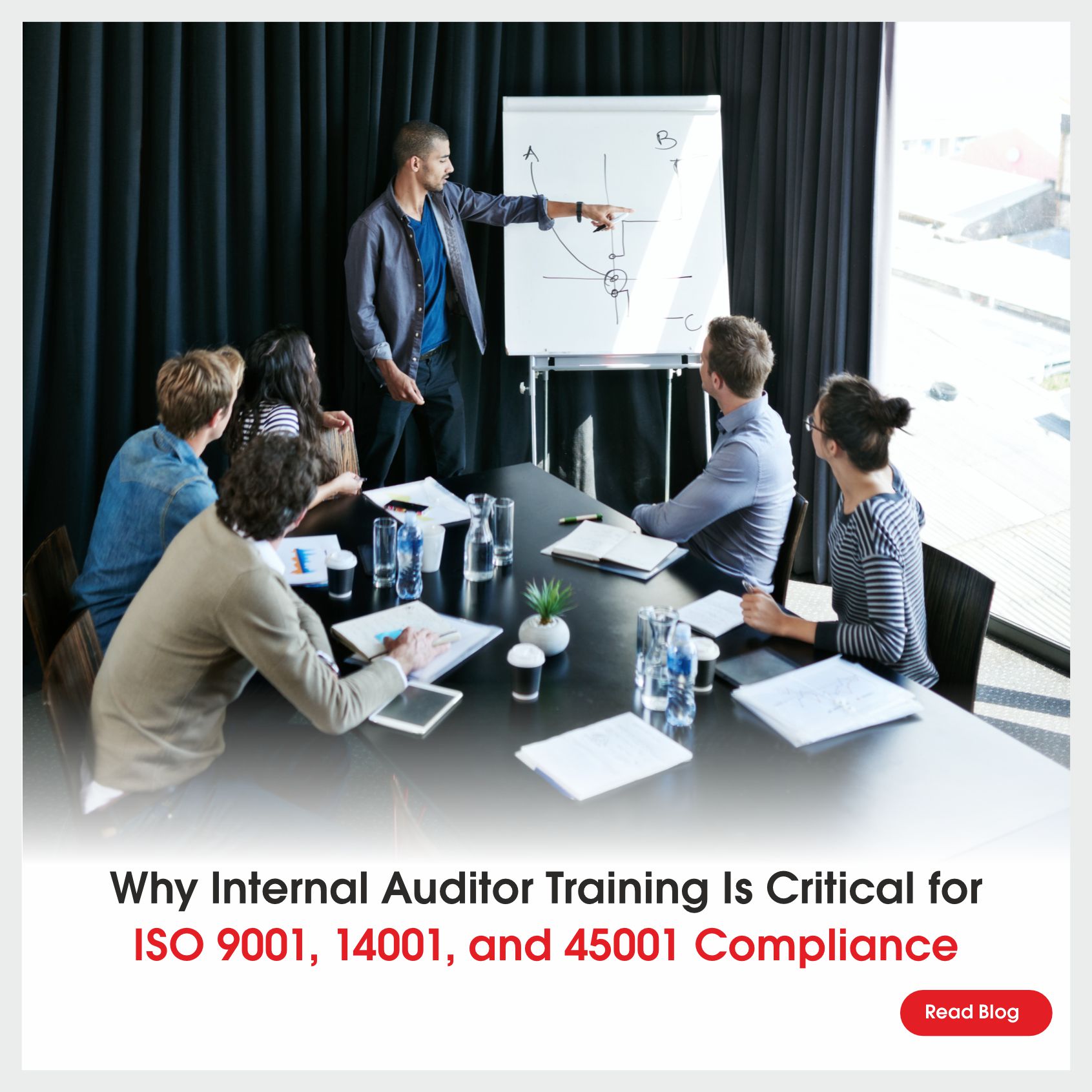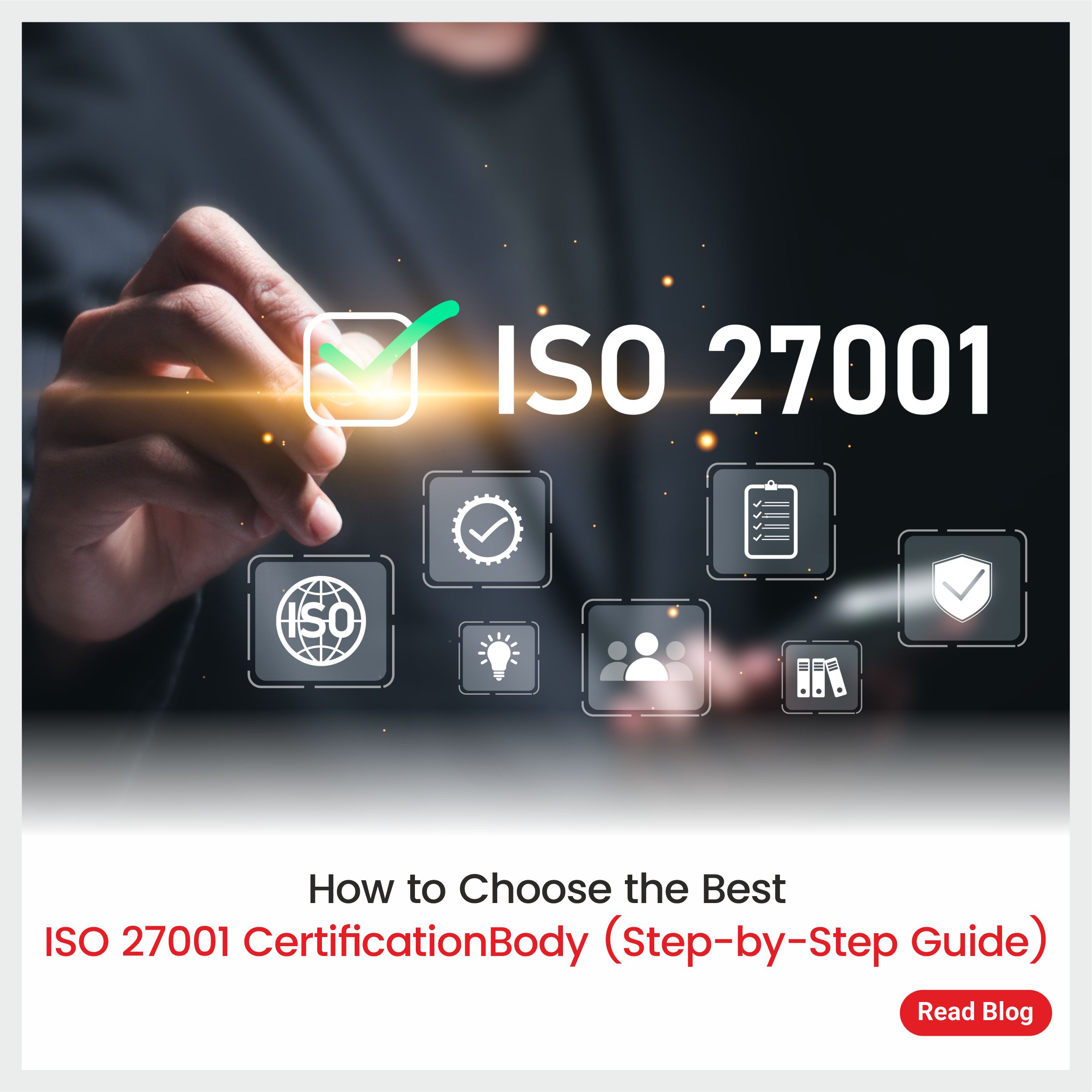Managing quality, environmental impact, and workplace safety isn’t just about having the right policies on paper. For organizations pursuing ISO 9001, 14001, and 45001 certifications, having skilled internal auditors makes the difference between genuine compliance and just checking boxes.
Internal auditors serve as the backbone of any management system. They ensure your organization doesn’t just meet international standards but actually benefits from them. Without proper training, even the best-intentioned audit can miss critical gaps or fail to identify improvement opportunities.
Understanding the Three Pillars of Modern Business Standards
ISO 9001 focuses on quality management systems, helping organizations consistently deliver products and services that meet customer expectations. ISO 14001 addresses environmental management, ensuring businesses minimize their environmental footprint while maintaining operational efficiency. ISO 45001 covers occupational health and safety management systems, protecting employees and reducing workplace risks.
Each standard requires regular internal audits to verify compliance and drive continuous improvement. However, conducting effective audits requires more than just following a checklist. It demands understanding the nuances of each standard, knowing what to look for, and asking the right questions.
Why Generic Training Falls Short
Many organizations make the mistake of assigning internal audit responsibilities to employees without specialized training. While these individuals might understand their specific departments, they often lack the broader perspective needed for effective auditing.
Generic compliance training typically covers basic concepts but fails to address the practical challenges auditors face in real-world situations. How do you identify non-conformities that aren’t immediately obvious? What’s the difference between a minor finding and a major one? How do you conduct interviews that reveal actual practices rather than what people think you want to hear?
These skills come from specialized training that combines theoretical knowledge with practical application.
The Real Cost of Inadequate Internal Audits
Poor internal auditing creates a false sense of security. Organizations might believe they’re compliant when significant issues remain hidden. This can lead to:
- Failed certification audits that damage reputation and business relationships
- Regulatory violations that result in fines or legal action
- Workplace accidents that could have been prevented
- Environmental incidents that harm both the planet and the bottom line
- Customer complaints and quality issues that erode trust
The financial impact extends beyond immediate costs. Organizations often need to invest significantly more resources to address problems that proper internal auditing could have caught early.
What Effective Internal Auditor Training Covers
Comprehensive internal auditor training goes beyond teaching standards requirements. It develops practical skills that make audits meaningful and valuable.
- Technical Knowledge: Understanding the specific requirements of ISO 9001, 14001, and 45001, including how they interconnect and support each other.
- Audit Methodology: Learning systematic approaches to planning, conducting, and reporting audits that generate actionable insights.
- Communication Skills: Developing the ability to ask probing questions, listen effectively, and present findings in ways that motivate positive change.
- Documentation Review: Knowing how to evaluate procedures, records, and evidence to determine actual compliance levels.
- Risk Assessment: Understanding how to identify potential issues before they become problems.
The Business Case for Professional Training
Organizations that invest in proper internal auditor training see measurable returns. Well-trained auditors identify improvement opportunities that often pay for the training costs many times over. They help prevent costly non-conformities and support the organization’s overall performance objectives.
Professional training also builds internal capability. Instead of relying entirely on external consultants, organizations develop their own expertise. This creates sustainability and ensures institutional knowledge remains within the company.
Integrated Management Systems: The Modern Approach
Today’s leading organizations don’t manage quality, environmental, and safety systems in isolation. They integrate these management systems to eliminate duplication, reduce administrative burden, and create synergies between different objectives.
This integrated approach requires auditors who understand how the three standards work together. They need to identify opportunities for alignment and ensure that improvements in one area don’t create problems in another.
Choosing the Right Training Program
Not all training programs are created equal. Look for courses that combine theoretical learning with practical exercises. The best programs include real-world case studies, role-playing scenarios, and opportunities to practice audit techniques.
Consider training that covers all three standards together rather than separately. This approach helps auditors understand the connections and develop integrated thinking from the start.
SIS Certifications: Your Partner in Excellence
SIS Certifications understands the critical importance of skilled internal auditors. Their comprehensive training program covers ISO 9001, 14001, and 45001 in an integrated approach that reflects modern business realities.
Training Schedule:
- Dates: July 7th, 8th, and 9th, 2025
- Time: 10:30 AM to 6:30 PM daily
- Mode: Available both remotely and onsite to accommodate different learning preferences and organizational needs
The program combines expert instruction with hands-on practice, ensuring participants leave with both knowledge and confidence. Whether you choose remote or onsite delivery, you’ll receive the same high-quality training that has helped thousands of professionals excel in their auditing roles.
Building Your Organization's Future
Internal auditor training isn’t just about compliance – it’s about building organizational capability. Well-trained auditors become change agents who help their organizations improve continuously. They identify risks before they become problems and opportunities before competitors spot them.
Investing in internal auditor training demonstrates commitment to excellence and continuous improvement. It shows employees, customers, and stakeholders that your organization takes its responsibilities seriously and has the expertise to deliver on its promises.
The three days you invest in proper training will pay dividends for years to come through improved compliance, reduced risks, and enhanced organizational performance.




